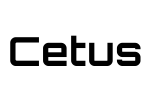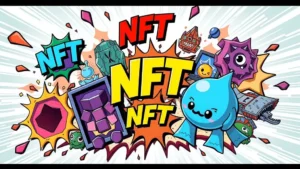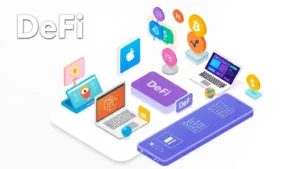Web3 represents a paradigm shift in how we interact with the internet, moving from centralized platforms to decentralized networks. This evolution is driven by blockchain technology, which enables greater transparency, security, and user control over data. As we delve into the intricacies of Web3, it’s essential to understand its foundational principles, including decentralization, tokenization, and community governance. These elements not only empower users but also foster innovation and collaboration across various sectors.
The rise of Web3 has sparked a wave of new applications and services that challenge traditional business models. From decentralized finance (DeFi) to non-fungible tokens (NFTs), the possibilities are vast and varied. Developers and entrepreneurs are harnessing the power of smart contracts to create trustless systems that operate without intermediaries. This shift not only enhances efficiency but also opens up new avenues for monetization and value creation in the digital economy.
As we look to the future, the impact of Web3 on society cannot be overstated. It has the potential to democratize access to information and resources, bridging gaps that have long existed in the digital realm. However, with great power comes great responsibility; it is crucial for stakeholders to prioritize ethical considerations and inclusivity as they navigate this new landscape. By doing so, we can ensure that the benefits of Web3 are realized by all, paving the way for a more equitable and innovative internet.




